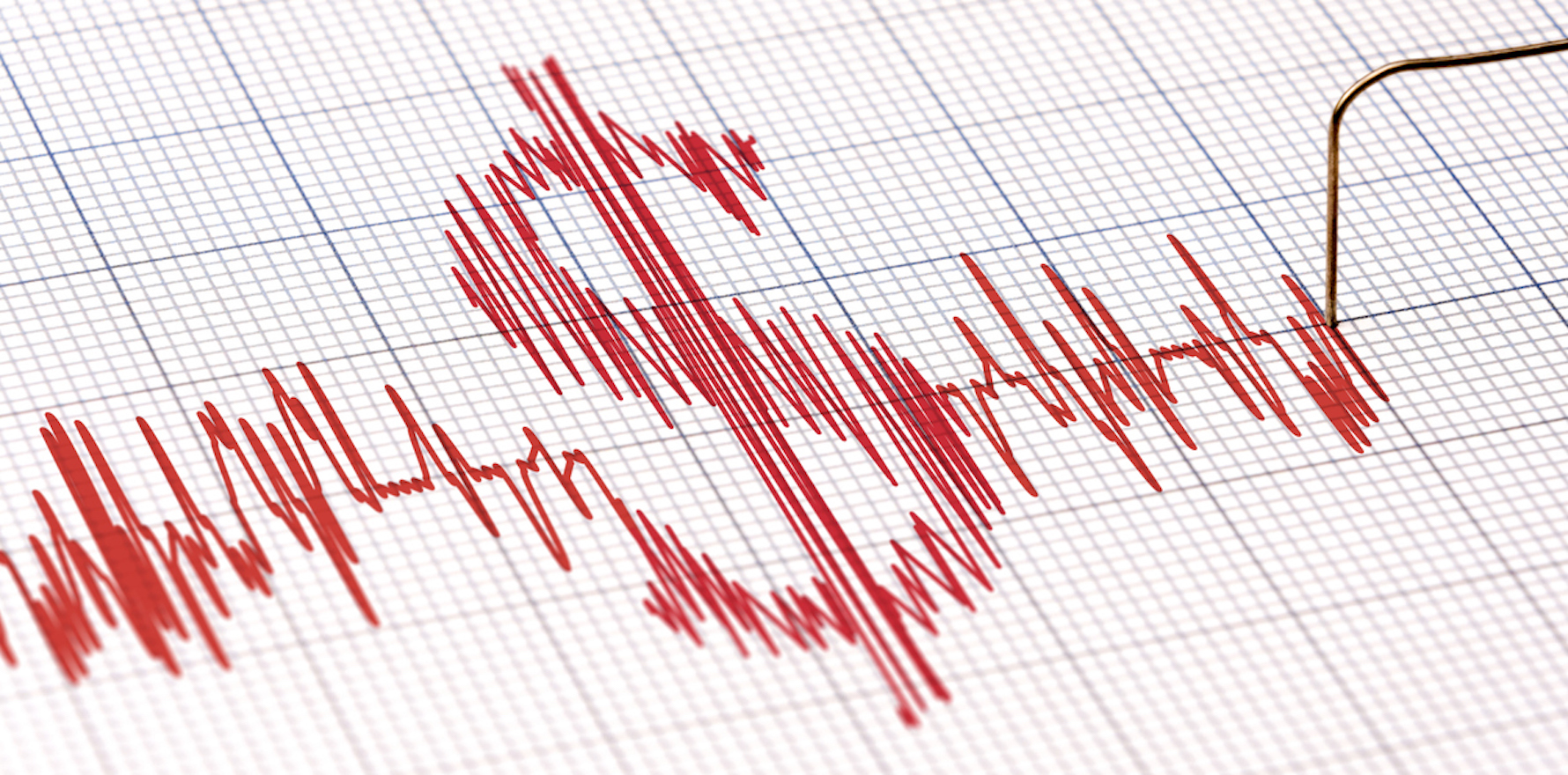The 2020 decision to defund GP interpretation of ECGs has likely led to increased out-of-pocket costs for patients, the AMA says.
The AMA is urging the Department of Health and Aged Care to urgently restore GP ECG rebates, accusing the Health Minister of “prolong[ing] decisive action” with endless reviews.
It comes in response to the draft report of the MRAC ECG working group post-implementation review, which itself was commissioned following a 2022 Electrocardiogram Review Committee final report.
The original recommendation to replace ECG MBS items 11700, 11701 and 11702 with item 11707 (trace only) came in 2018 and was enacted in 2020.
“The Minister chose to prolong decisive action by commissioning this second review group … and the period of this consultation is one of mounting cost pressures upon general practices, and access and affordability issues for patients sustained by rampant inflation,” the association said.
“Changes to the current arrangements are therefore now urgent.”
The AMA was unable to quantify its assertion, arguing that the overall drop in face-to-face healthcare over the first years of the pandemic made it difficult to determine the specific effects of the MBS ECG changes.
Still, it said, it was concerned that patients were now paying higher out-of-pocket costs and had reduced access to ECGs in the community.
“A missed ECG may not result in an [emergency department] attendance but it may lead to inadequate management of a health issue with additional complications and costs in the future,” the AMA said.
Unfortunately, the draft committee report shows little support for restoring general practice ECG interpretation funding.
Its sole recommendation was to update the wording of items 11707 (trace only) and 11714 (trace and clinical note).
The item 11707 amendment will delete the requirements that the trace is reviewed in a clinically appropriate timeframe and that it does not need to be fully reported on, and instead simply state that it must be “provided to a specialist or consultant physician for a formal report”.
The suggested change to 11714, conversely, introduces new requirements.
These include that the trace is required to inform clinical decision making, that the clinical note details clinical indication for the service and that the service does not require a formal report.
It does, however, change the requirement for the provider to be a “specialist or consultant physician” to “medical practitioner”.
Related
The AMA said it was “concerned” that the proposed amended wording remained overly prescriptive and that the previous descriptor had been sufficient.
“It is the AMA’s position the requirement for a clinical note is sufficient to communicate to practitioners they have responsibility for providing adequate records,” it said.
The association also had a bone to pick with the rebate structure, which it said did not appreciate remunerate the work required for the service.
“Aside from the general metrics of expense associated with particular treatment, MBS rebates for provision of any particular health service bestow a calculated value on the nature of the service provided, the expertise required and the practitioner’s time in delivering that service,” the AMA submission read.
“A reduction in the rebate for ECG services signals to practitioners what that service is worth in both clinical and business terms.”
Consultation on the draft report is now closed, with a final report to be presented to the MRAC before the end of the year.




